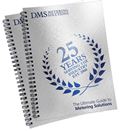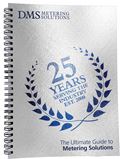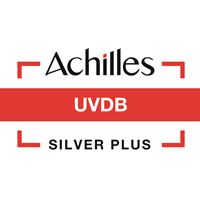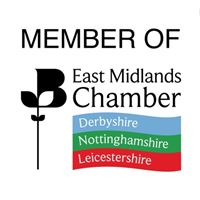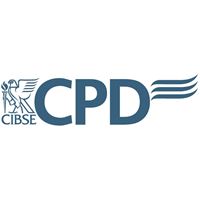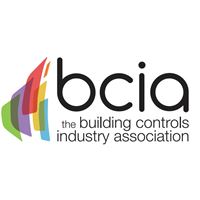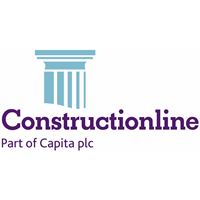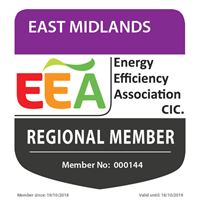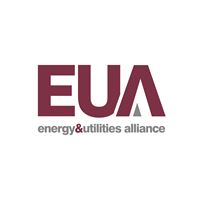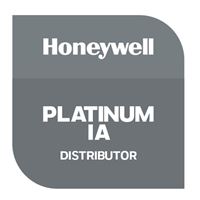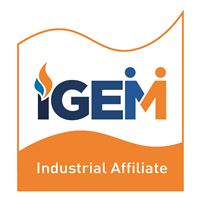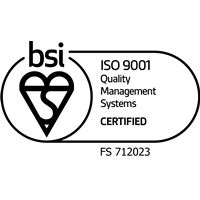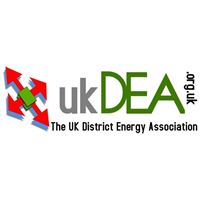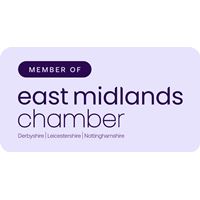Comparing M-Bus and MODBUS Communication Outputs: Which One Fits Your Needs?
When choosing between M-Bus and MODBUS communication protocols, it's essential to understand their unique strengths and applications. Each protocol serves specific purposes in metering and data collection, offering solutions for various project requirements. Below, we explore these two communication systems, their capabilities, and where they shine.
M-Bus Communication: Flexibility for Modern Metering
M-Bus (Meter-Bus) is designed to facilitate communication between meters and central data collection systems, making it ideal for both new construction projects and retrofitted systems. It’s a versatile choice, supporting a broad range of metering devices such as gas, heat, electricity, and water meters.
Key Features:
-Data Transfer: Efficiently communicates energy consumption data.
-Connectivity: Supports both 2-wire hard-wired and wireless systems.
-Scalability: Connect up to 250 meters per network master, with the possibility of multiple masters in one system.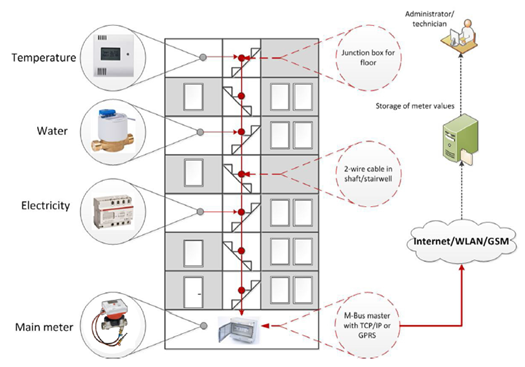
-Range: Hard-wired networks can extend up to 2000 meters per master.
Benefits of M-Bus:
-Interoperability: A European standard, M-Bus allows the integration of meters from various manufacturers, enabling flexibility in device choice.
-Wireless Options: Eliminates the need for extensive cabling, which is particularly advantageous in retrofitted installations.
-Ease of Use: Simple installation and robust bi-directional communication enables easy setup and updates.
Considerations:
-M-Bus systems are more sensitive to electromagnetic interference, and improper initial installation can be costly to correct.
-Retrofitting a hard-wired M-Bus network may require significant effort and expense.
MODBUS Communication: Speed and Versatility for Advanced Systems
Originally developed for industrial applications, MODBUS has become a popular choice in electricity and heat metering, particularly in systems involving Building Management Services (BMS). It offers high-speed data collection and compatibility with various metering devices.
Key Features:
-Data Scope: Transfers detailed metrics like kWh, kV factors, and supports both single-phase and three-phase systems.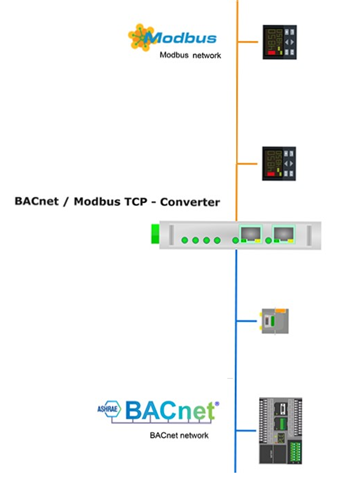
-Connectivity: Available in 2-wire and 3-wire configurations, supporting up to 250 meters per master.
-Speed: Optimised for fast data transfer, enabling near-instantaneous access to consumption profiles.
Benefits of MODBUS:
-Standardisation: As a BMS standard, MODBUS is widely understood by industry professionals.
-Efficiency: Collects large data volumes quickly and reliably.
-Integration: Supports multiple device types within the same network, ensuring compatibility across systems.
Considerations:
-Setting up a MODBUS network requires technical expertise, which can be a challenge for teams unfamiliar with the protocol.
-Stability can decrease with higher device counts unless multiple controllers are used.
Wireless M-Bus: A Solution for Retrofit Systems
For projects where cabling is impractical or disruptive, wireless M-Bus is a game-changer. Particularly useful in retrofits or buildings with existing tenants, it eliminates the need for physical wiring, reducing installation complexity and costs.
Key Features:
-OMS Compatibility: Supports the OMS (Open Metering System) standard, allowing seamless integration of devices from various manufacturers.
-Scalability: Manages up to 800 meters on one wireless network.
-Non-Invasive: Perfect for installations in occupied spaces, minimising disruption.
Choosing the Right Protocol
The decision between M-Bus and MODBUS depends on your specific project needs:
-Choose M-Bus if you prioritise flexibility, wireless capability, or need a system that supports diverse meter types and manufacturers.
-Opt for MODBUS if speed, compatibility with BMS systems, or handling large data volumes efficiently is a priority.
If you’re unsure which system is best for your project, our experts at DMS Metering Solutions can guide you through the process. Explore our range of data collection solutions or get in touch for advice.
Contact us today!
01773 534555 / meters@dmsltd.com
Visit us online: www.dmsltd.com
 Training (Lunch & Learn)
Training (Lunch & Learn)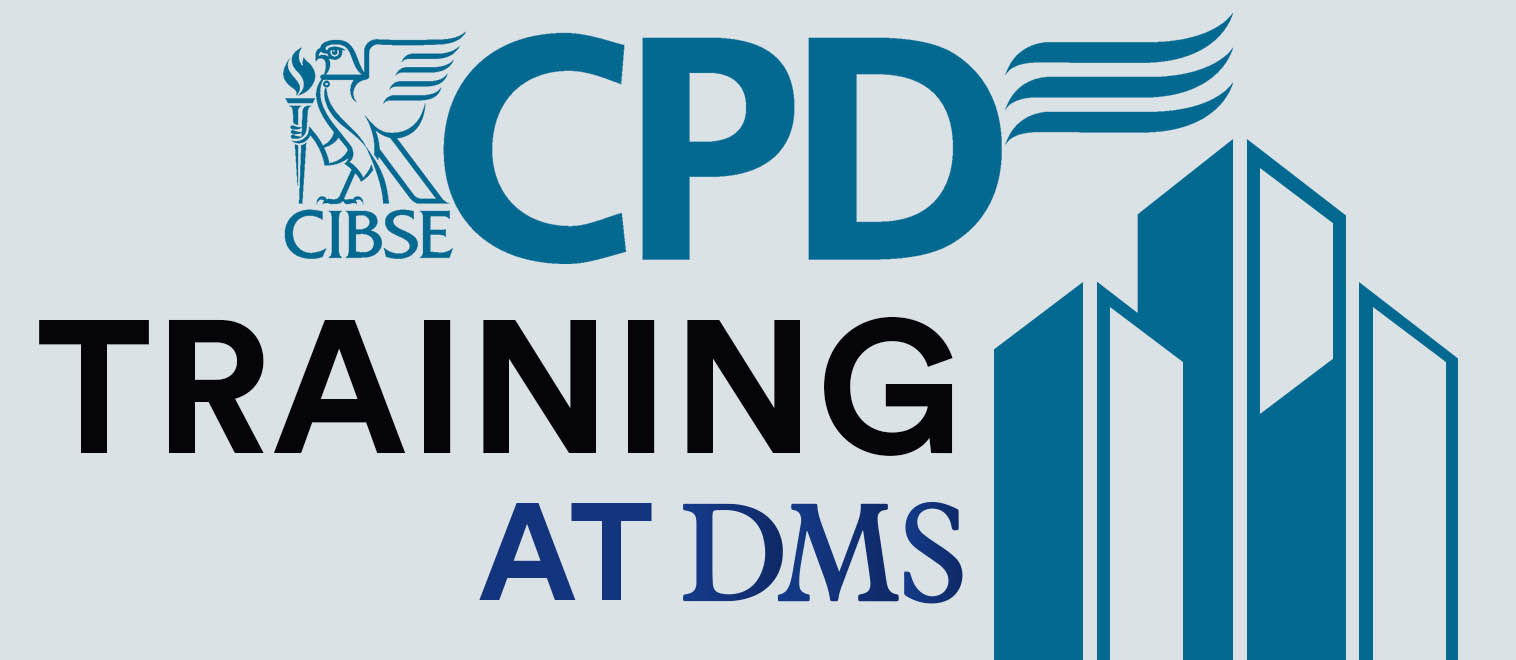 CPD Training
CPD Training



















